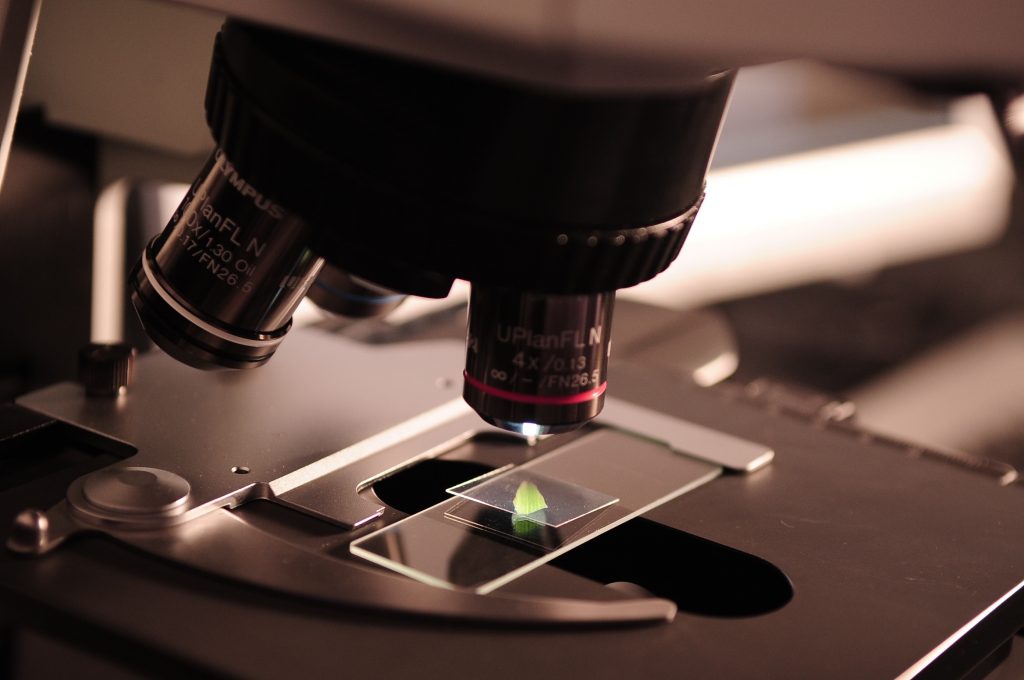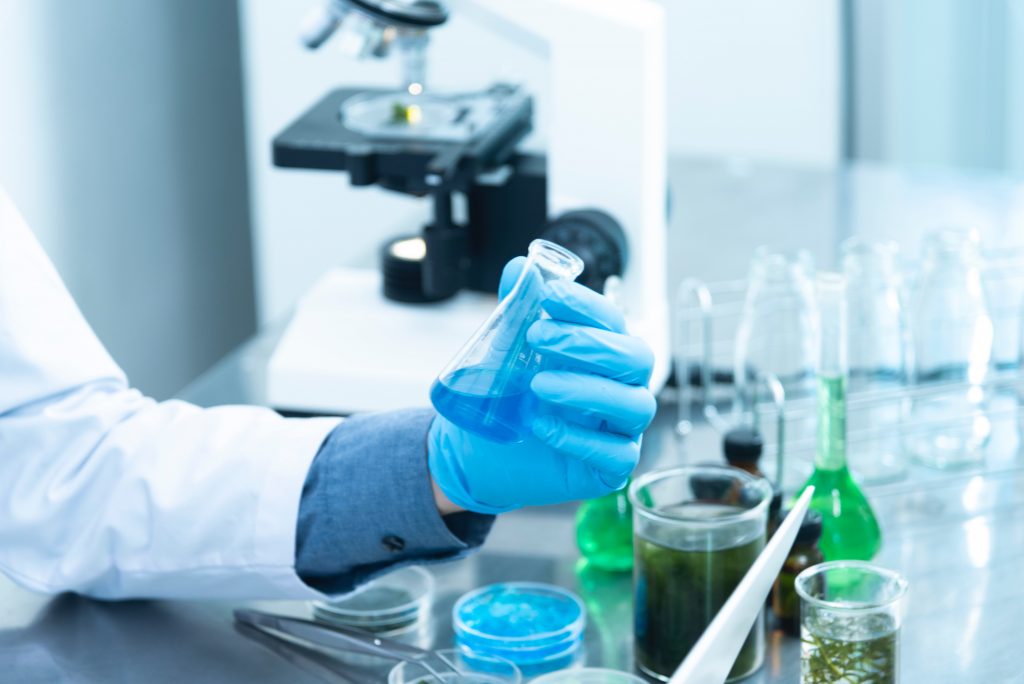Lab technicians work with raw materials to shape them into grounds for treatments, conclusions, and decisions with the use of various equipment.
From the job description of a lab technician below, you will learn how you can enroll in the medical and scientific communities with such experience, as well as advance in the medical and scientific areas.
Article Table of Contents
What Does a Lab Technician Do
The primary duties of a lab technician include collection and analysis.
Medical personnel and physicians rely on reliable experiments and specimens to diagnose medical conditions.
They also use them to determine the subject’s compliance with legal requirements or jobs.
Lab technicians need various physical and mental skills to acquire particular information to perform their tasks.
Responsibilities
- Collect various samples from patients such as blood or urine, also samples of raw materials, finished products, etc.
- Analyze samples or specimens using automatic analyzers, microscopes, or other tools.
- Verify that experiments or tests comply with protocol and standards using samples.
- Identify abnormal conditions, potential diseases, or substances in samples.
- Record the results into computers or databases for scientists, physicians, etc.
- Log the date, time, and custody of the test or experiment subjects.
- Consult with scientists, physicians, and other professionals on methods of tests and findings from them.
- Organize, calibrate, clean, and prepare microscopes and other lab equipment.
Essential Skills
Detail-oriented:
Lab technicians gather specimens and conduct tests according to the detailed instructions to ensure the reliability of results.
The precision with details and the ability to record the relevant data, identify whose samples those are, and describe the findings are essential skills.
The stations of the technicians should be well-organized and all the equipment they use should be sterile and ready for specimen collection.
Physical:
With good manual skills, lab technicians can handle medical supplies and equipment to collect samples for testing.
Most of these tools are tiny and consist of multiple parts.
They also need to have the physical strength to lift or move patients or objects, as well as be able to stay on their feet for a long time to gather samples and test them.
Reasoning:
Lab technicians should be able to determine the relationship between data and events.
They need good reasoning to form conclusions based on the obtained or collected information.
They should be able to identify errors or inconsistencies.
Technological:
Lab technicians use complex equipment and machines.
To record the information on the subjects and tested samples and materials, they need the knowledge of computers and databases.
How to Become a Lab Technician
Lab technicians need a great deal of training in procedures and techniques of collecting, testing, and handling specimens.
Typically, it is enough to have an associate’s degree for a lab technician.
However, attending additional courses can help get a deeper knowledge of the lab and medical concepts.
Qualifications and Training
Aspiring lab technicians typically need an associate’s degree in clinical laboratory science.
The program usually includes classes on theoretical and practical aspects of the lab fields.
The examples are hematology and lab procedures.
Through hospitals, students can also enroll in one-year certification programs for lab technicians.
To obtain more advanced positions as a lab technologist, you need to earn a bachelor’s degree in medical lab technology or lab science.
You should also take more advanced classes in math, biology, statistics, chemistry, and microbiology.
You can obtain training through clinical work in an associate’s program.
In a lot of jurisdictions, lab technicians need a license.
Specific requirements can vary from state to state.
But commonly, they need a minimum of an associate’s degree in a clinical lab technician program as well as pass an examination.
In some states, the exam held by the American Society for Clinical Pathology can be recognized as valid for licensing.
In the states that don’t require licensure, lab technicians can obtain a certification that may meet the specific requirements of an employer.
Experience
Lab technicians new to the field may start as assistants to more experienced lab technicians.
With more experience, they can work more independently but still be somewhat supervised by physicians or scientists.
Some companies provide offices for technicians where they can collect blood, urine, and other fluids.
Aspiring technicians can also gain experience by working or volunteering in a clinic, blood banks, university labs, etc.
Working Hours
Lab technicians usually work full-time.
Employees of the testing facilities usually have standard hours on weekdays in the daytime.
In such establishments as hospitals, nursing homes, and other places working 24 hours, technicians may have evening or weekend shifts.
If a public health emergency or outbreak happens, technicians may also have to work irregular hours.
Career Outlook and Opportunities
The employment rate of lab technicians is expected to increase by 18% through 2024, according to the US Bureau of Labor Statistics.
This implies the appearance of 192,400 more job openings.
In 2014, 163,400 lab technicians were employed in the field.
The demand for medical lab technicians will grow because of the aging population and the increased reliance on medical metrics.
The most frequently tested conditions include genetic disorders, cancer, and diabetes.
The availability of health insurance also increases the demand for medical lab technicians.
Additionally to the detection of medical problems, lab testings help law enforcement and probation officers to identify the presence of unlawful substances and the violation of rules by the athletes on performance-enhancing drugs.
Medical lab technicians can use their experience and bachelor’s degrees to become lab technologists.
The median salary of a lab technician at the moment is $39,220 annually.
Conclusion
There are positive job opportunities for lab technician applicants.
Medical and clinical labs need qualified technicians to conduct tests on patients, job applicants, and athletes at various levels.
Experience, education, and skills in handling complex equipment allow lab technicians to reach higher positions with more benefits and responsibilities.

